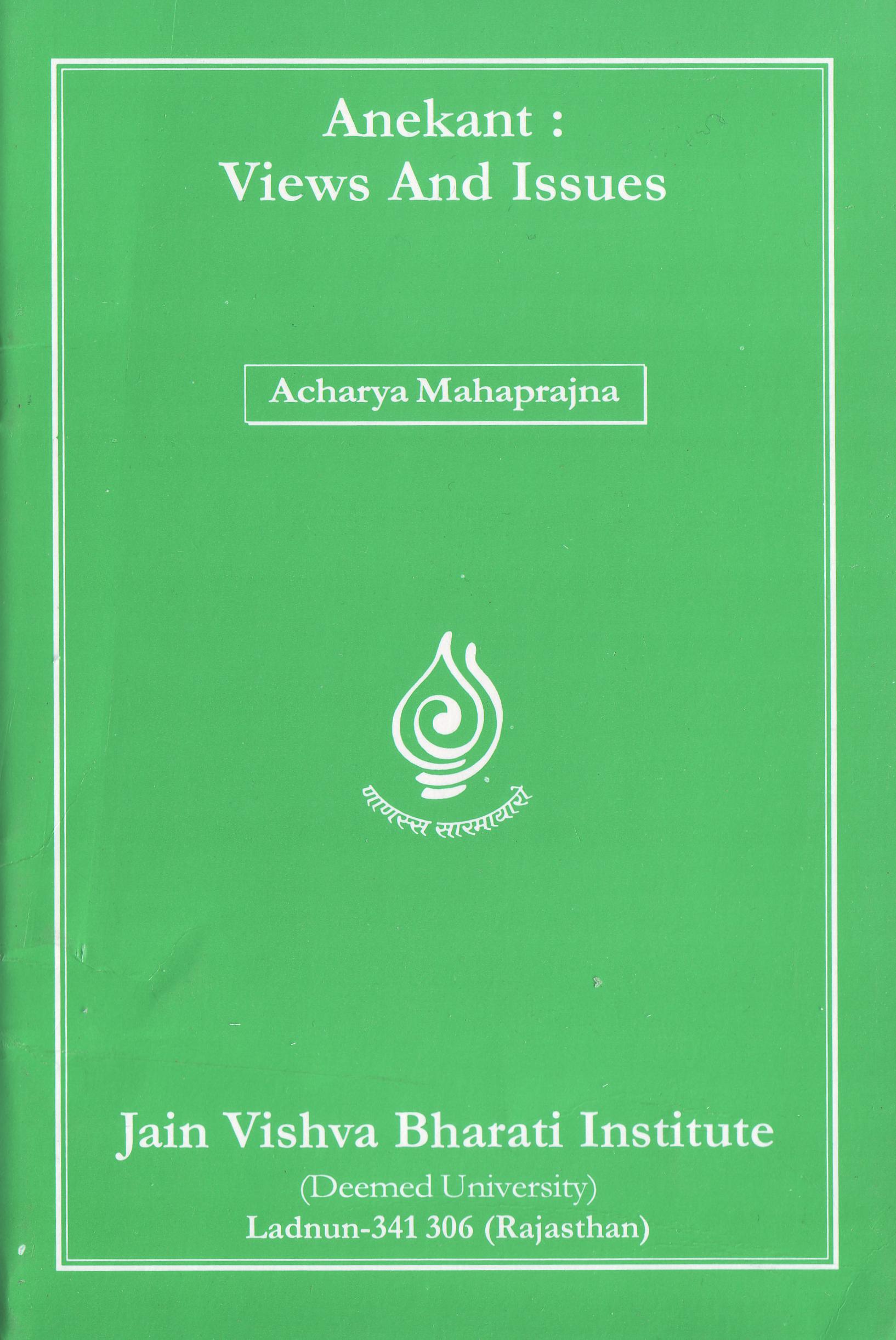The first principle of Anekānta is relativity. Two castes or two sects can be held in a mutually antagonistic relation only by adopting an absolute viewpoint. On the contrary, different individuals, castes and sects can survive and obtain relative benefits only on the basis of the non-absolutist viewpoint. In fact, the interests of the factory owner and the workers are not incompatible. By keeping in mind the workers' interests, productivity increases and the factory owner's interests are served. Likewise, by keeping in mind the owner's interests those of the workers are served. If both seek to serve their interests in absolutely independent terms, the interests of both are jeopardized.
The principle of class differences and their hostile vested interests needs to be examined in the context of relativity, for on the basis of relativity even antagonistic interests can be reconciled. When these interests are examined in absolute terms, the inevitable result is conflict, violence involving the abandoning of the principle of the purity of means.
 Acharya Mahaprajna
Acharya Mahaprajna

